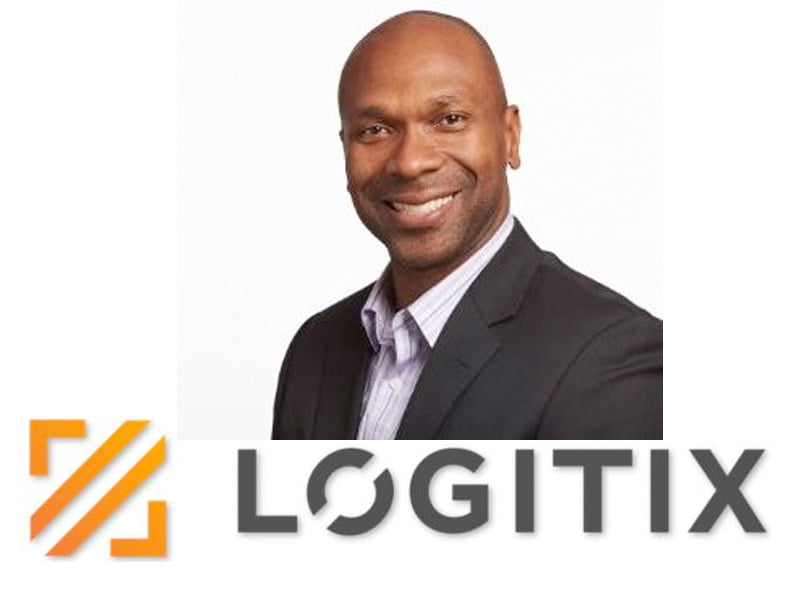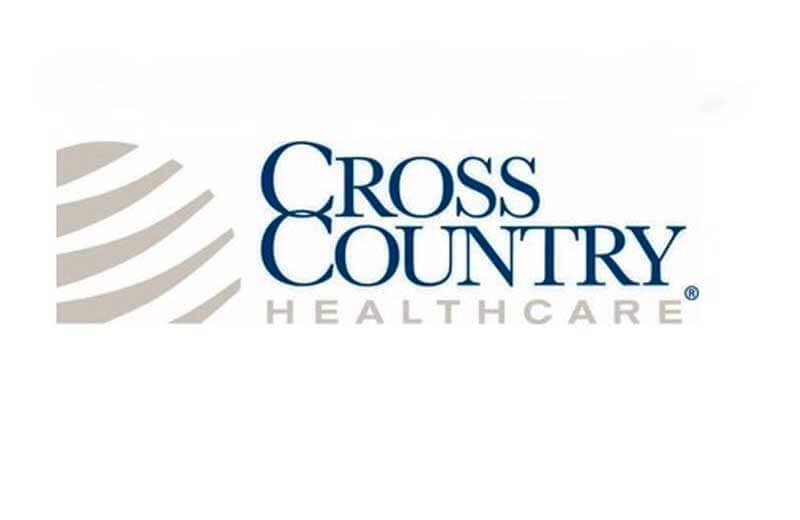MedeFile may have an uphill battle on their hands.
The Boca Raton company wants to convince Americans to put their health records on the internet. With so much hacking and data loss going on, it will be a tough sell. The company thinks they can do it, though, and they are set to start an extensive – and probably expensive campaign to convince Americans that it is a good idea and that their information is safe.
Starting this month and continuing through July 2012, MedeFile International, Internet-enabled Personal Health Record management company, begins airing 60-second infomercials, and four different six-minute interviews with MedeFile’s Chairman, President and CEO Kevin Hauser.
Their aim is to promote mass market awareness of MedeFile and educate American consumers on the need for and many benefits of MedeFile’s personal health record solutions.
“New to the Street,” featuring MedeFile, will be produced and broadcast by FMW Media Works Corp., an affiliate of Inawa Corp. The televised spots will air 1,000 times or more, over the contracted one-year period on cable TV networks, ION and FOX, and possibly on ABC, CBS, CNN, and MSNBC in these metro markets: New York, Los Angeles, Chicago, Dallas, Boston, Philadelphia, San Francisco/San Jose, Atlanta, Washington and Houston.
“The time has come to begin pro-actively generating mass consumer awareness of and appreciation for MedeFile’s personal health record management solutions and the many key differentials that makes MedeFile the ‘must have’ iPHR for consumers of all ages,” stated Hauser.
The media is fraught with coverage relating to the loss of medical records following recent natural disasters, fire, theft, and the closing of physician offices — among other causes, serving to emphasize the already pronounced need for individuals to take responsibility for the control and protection of their family’s medical records and vital health information. Moreover, adoption of electronic personal health records has won the support and advocacy of the White House, federal and state government agencies, numerous leading insurance carriers and major medical associations. Nonetheless, consumer adoption of PHRs, generally speaking, has been slow.
“MedeFile has spent nearly a decade developing, enhancing and scaling what we believe is the most secure, patient-centric and intuitive PHR platform on the market. When building MedeFile, we not only factored all required aspects of what should comprise a perfect PHR, but we also factored human nature and the logical barriers to mass PHR adoption,” continued Hauser. “Foremost was the fact that collecting actual medical records from all of one’s care providers, i.e. physicians, specialists, dentists, labs, etc., is a time-consuming and frustrating process for anyone endeavoring to create their own PHR, much less dealing with the added difficulty of digitizing and/or storing the records somewhere safe. Recognizing that most people will simply not do this — until they are confronted with a medical crisis that requires it — it is no surprise that few, if any, competitive PHR solutions on the market have achieved any meaningful market traction.”
“Through this year-long televised advertising campaign, we intend to reach and convince millions of Americans that by subscribing to MedeFile’s monthly premium service, they will join the growing legion of consumers who now enjoy the peace of mind that comes from having a comprehensive, secure electronic personal health record without all the headaches of building and maintaining it themselves,” concluded Hauser.



